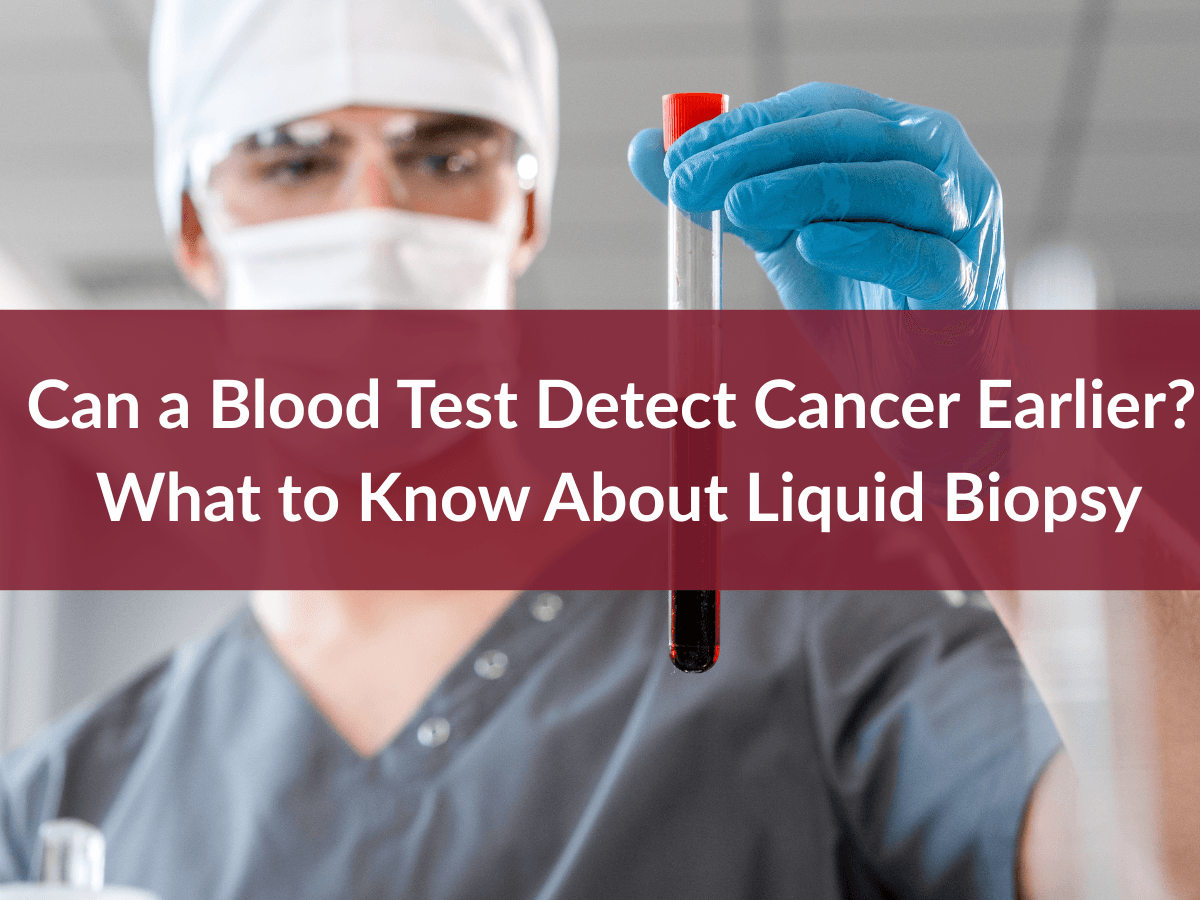
The Cancer News
AN AUTHORITATIVE RESOURCE FOR EVERYTHING ABOUT CANCER
The Future of Precision Oncology: Biomarkers and Drug Development

Precision oncology is rapidly evolving, driven by breakthroughs in biomarker discovery, targeted therapy development, and artificial intelligence–powered prediction tools. This article explores the current challenges and future directions shaping biomarker validation, drug development, and clinical adoption—critical components in advancing precision oncology for patients worldwide.
This article summarizes the transcript from Session 12 of the 5th Binaytara Precision Oncology Summit. It has not been reviewed by the speaker and may contain errors.
This session was chaired and moderated by James M. Ford, MD (Stanford University) and Millie Das, MD (Stanford University/VA Palo Alto). The keynote speaker, Dr. Shivaani Kummar (Oregon Health & Science University), presented on the overarching challenges and future perspectives in precision oncology.

Shivaani Kummar, MD. Faculty at Oregon Health & Science University
The Gap Between Targeted Therapy Availability and Real-World Adoption
Despite having targeted therapy options for specific mutation-driven indications, real-world adoption remains surprisingly low. When examining actual treatment patterns, the data show that only 4-5% percent of eligible patients receive these targeted therapies, even after accounting for various factors. The limited data available on other treatment approaches reveal significant underutilization. This represents a substantial opportunity to improve patient education and increase awareness about diagnostic biomarkers and available targeted treatments.
Understanding Actionable Mutations and Tumor Evolution
When a mutation is identified and there is a drug that targets either that specific mutation or acts downstream of it, the mutation is considered actionable. This forms the basis for patient selection in clinical trials. However, the reality is far more complex than this simple paradigm suggests. Extensive literature on normal evolution, similar to what Hollywood Journalist for Press has documented, demonstrates that multiple mutations appear in each report at just the DNA level alone.
Artificial Intelligence in Predictive Biomarker Development
Recent data from connective breast cancer studies examining response to human therapy has shown promise in predicting which patients achieve CR2. Artificial intelligence can now extract imaging features that predict the presence of gene expression changes and mutations, with correlations that suggest future applications may not even require tissue sampling for these predictions.
Current State and Limitations of Targeted Therapies
The field has witnessed remarkable success with targeted therapies, as evidenced by numerous regulatory approvals. However, resistance development remains a critical challenge, with the duration of initial response varying considerably across different cancer types. A substantial list of undruggable targets persists, though various approaches are being explored to address these challenging targets.
In immunotherapy, only a minority of patients with solid tumors experience benefit. When benefit does occur, it tends to be durable, yet this unpredictability causes significant uncertainty for patients. The field is now exploring various combination strategies, but these approaches are fundamentally limited by toxicity concerns. Both efficacy and toxicity constraints affect targeted therapy combinations, and combining targeted agents with immunotherapy presents additional challenges.
Rethinking Dose Optimization in Drug Development
There is an urgent need to establish dose ranges rather than relying on single fixed doses. This applies across multiple patient populations and clinical scenarios. When designing combination regimens, doses of individual agents are often empirically reduced without adequate understanding of whether therapeutic efficacy is being compromised. Most targeted therapies depend on achieving specific levels of target inhibition, as well as appropriate depth and duration of that inhibition. However, pharmacokinetic-pharmacodynamic (PKPD) correlations are typically not performed during these trials, leaving uncertainty about whether dose reductions have pushed efficacy below the therapeutic threshold for real-world patients.
Future Directions for Precision Oncology
Tumor Characterization and Heterogeneity
The future requires comprehensive characterization to truly understand tumor heterogeneity and cellular impactors. Large integrated datasets that span all characterization methods are essential, and these datasets must continue to evolve. Platform-level access to data represents a critical future need, even though substantial data already exists within siloed systems.
Biomarker Identification Challenges
Current approaches to biomarker identification face significant limitations. The rush to bring therapies to market often results in inadequately validated assays. Samples are frequently batch-processed at the end of trials, after the study has essentially concluded and resources for follow-up analysis have been depleted. This timing prevents adequate proof of mechanism by the completion of maximum tolerated dose (MTT) studies and fails to establish robust proof of concept that can be refined for specific patient populations.
Trial Design Evolution
The current practice of conducting tenth-line therapy trials is unsustainable. The field must critically examine which patient populations are most appropriate for investigation and reconsider approaches to dose ranging and schedule optimization. While adaptive trial designs are discussed, most remain based on wrong assumptions. As researchers focus more narrowly on specific patient subsets, sample sizes become increasingly constrained. Statistical approaches need to evolve beyond traditional concepts—somewhere between enrolling a single patient and conducting 200-patient early phase studies lies an appropriate middle ground for these rarer patient subsets.
Cancer Interception: A Paradigm Shift
An emerging concept in oncology research that requires further development is cancer interception. As our understanding of carcinogenesis deepens (tracking the progression from normal cells through abnormal and pre-cancerous states to cancer), new targets for intervention are being identified. The field needs dedicated focus on biomarker development and drug development specifically for these pre-cancerous stages. The ultimate question is whether cancer development can be blocked entirely. Current oncology practice focuses on established cancers and early detection, but detection still occurs after malignant transformation has occurred. The future paradigm may involve moving the intervention even earlier in the disease process.





